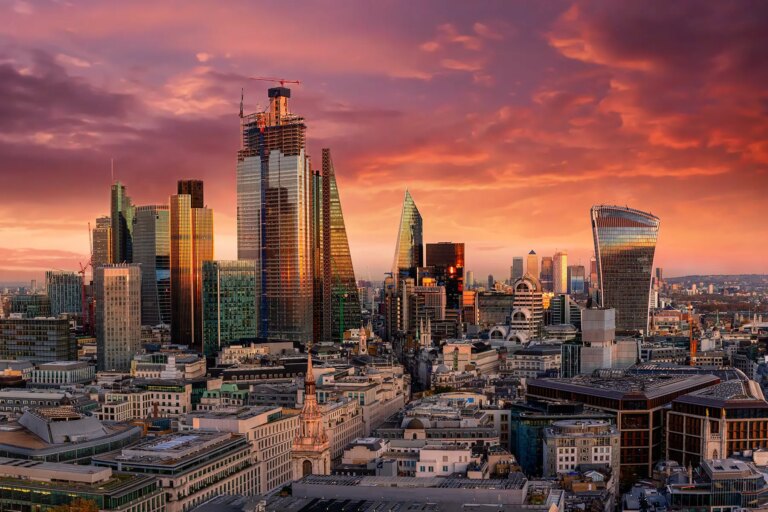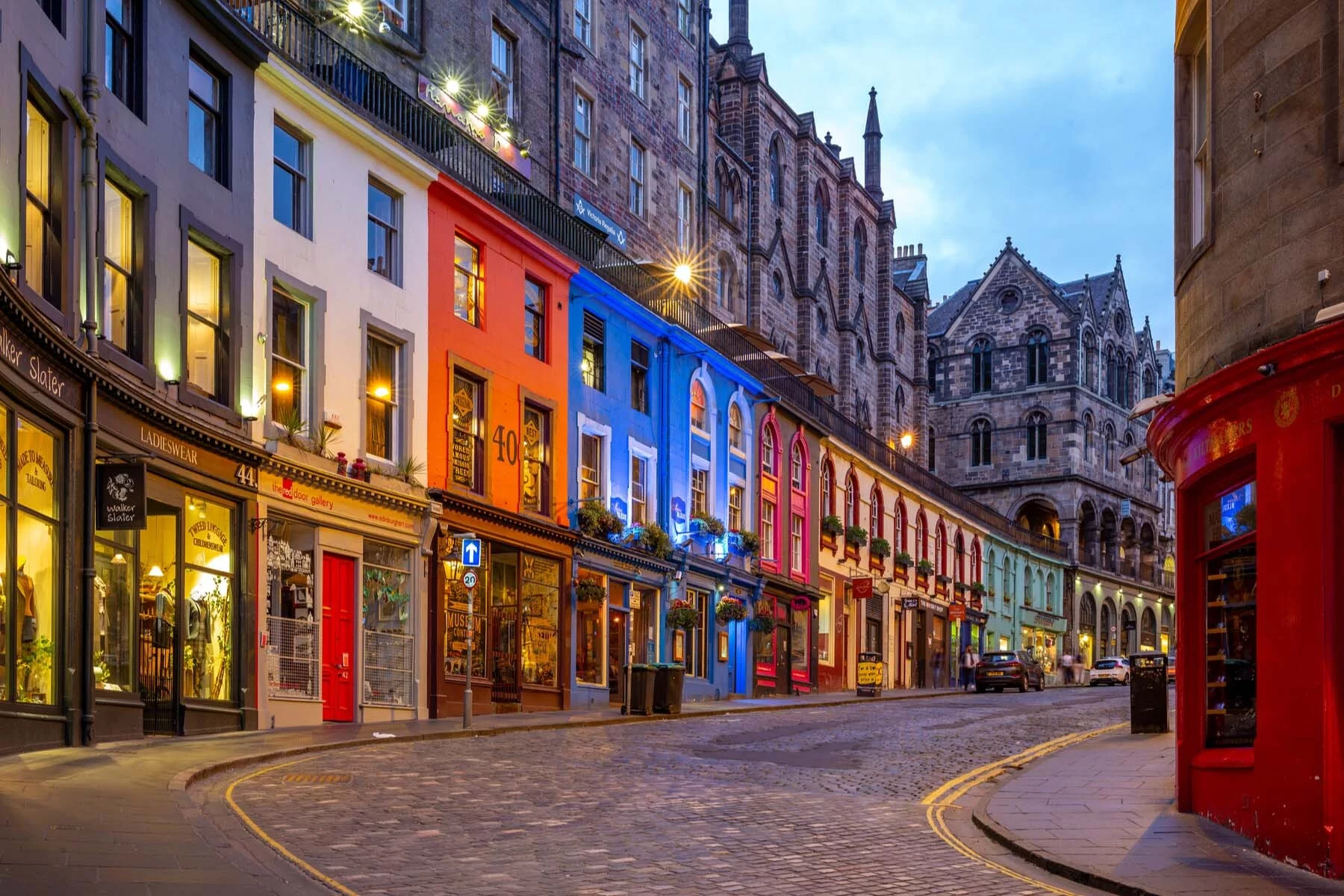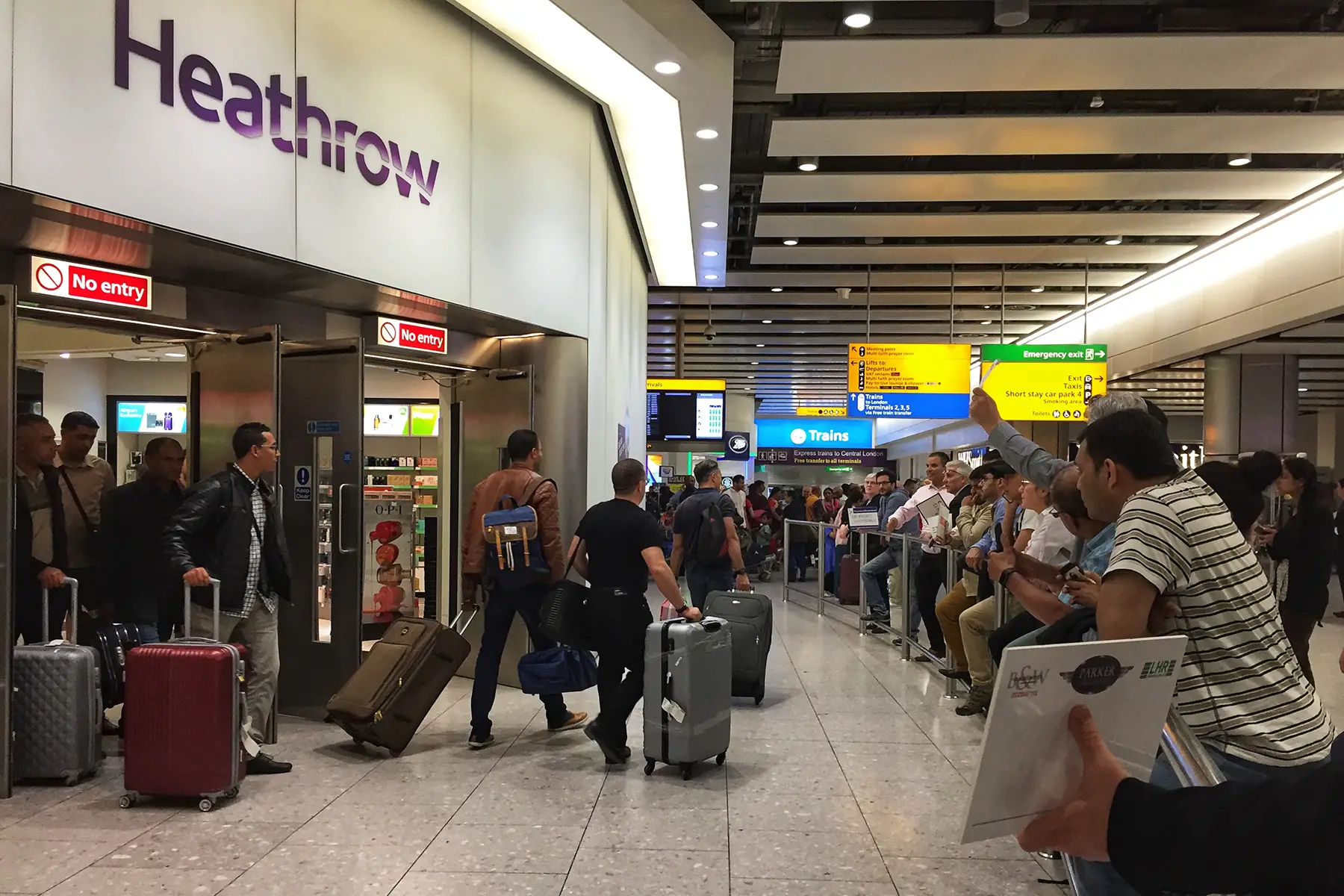The island nation that thrives on diversity
Expatica United Kingdom
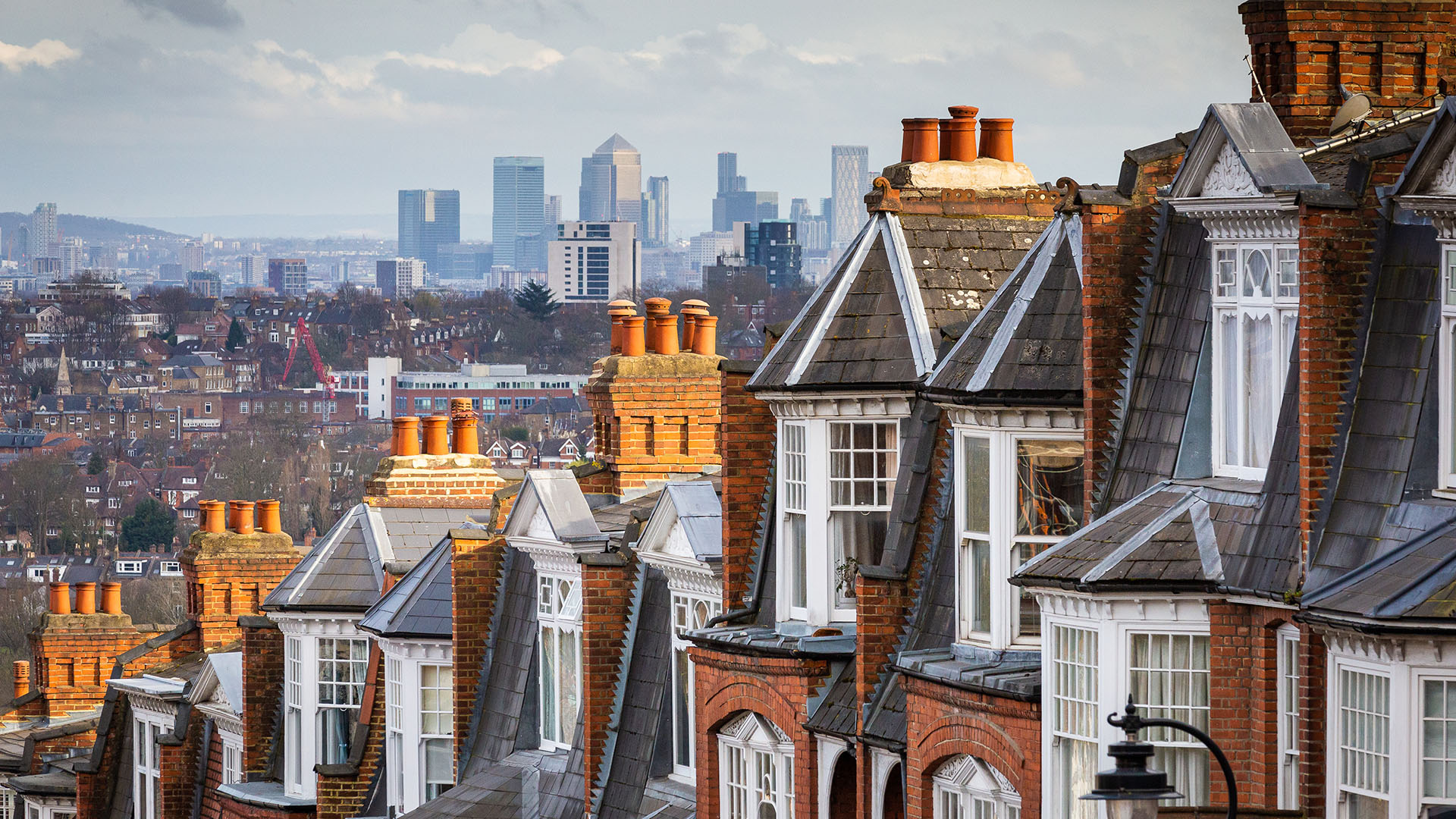
Expat guides
Explore
Editor's picks

Health insurance in the UK
We explain the different health insurance options in the UK, which allow you to access private treatment as an alternative to using the NHS.
Read More

Dating in the UK: finding love as an expat
Think dating in the UK is all dry humor and bad weather? (Well, you're not completely wrong.) Here's how to find love and make it work.
Read More
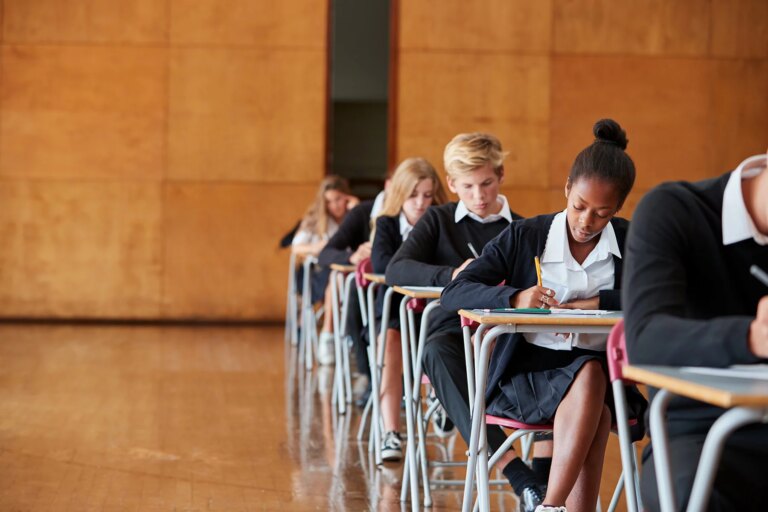
The UK education system
Explore the UK education system and learn about the levels of schooling, parental involvement, graduating, and educational support.
Read More
Expat tools
Make your expat journey easier with our handy tools
Job search
Looking for work? Search our job postings to discover a position suited to your talents
Read more

